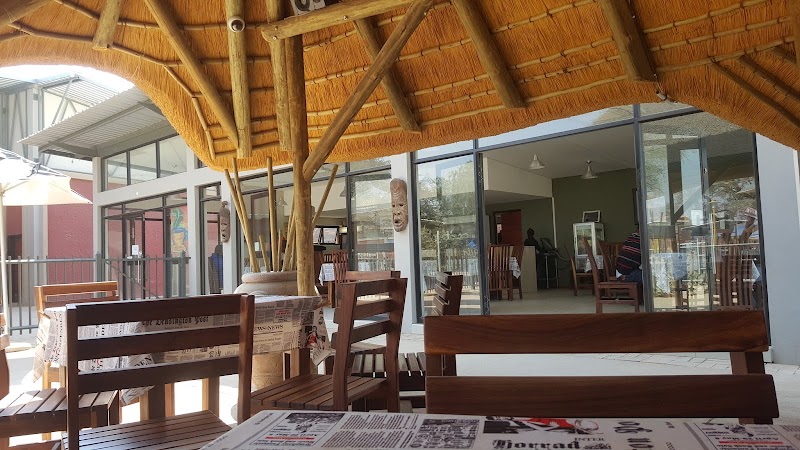
Kaokoland Conservancy Adventures
Kaokoland Conservancy is a remote, expansive region in northwestern Namibia, known for its rugged landscapes, rich biodiversity, and strong Himba cultural heritage, offering unique wildlife viewing and cultural experiences.
About Kaokoland Conservancy

Kaokoland Conservancy is a vast communal conservation area located within the Kunene Region of northwestern Namibia. It covers some of the most arid and least developed parts of southern Africa, featuring dramatic mountain ranges, dry riverbeds, and expansive desert plains. The Kunene River forms a natural boundary to the west, and the area is one of the last strongholds for populations of desert-adapted elephants, black rhinos, and other endangered species. The region is ecologically significant due to its unique desert-adapted flora and fauna, including species that have evolved to survive in arid conditions and extreme heat. The landscape features rugged mountains such as the Baynes and Brandberg Massifs, and parts of the region border the Skeleton Coast to the west.
Historically, Kaokoland is home to the Himba people, a semi-nomadic indigenous group known for maintaining traditional lifestyles and customs. The conservancy model here is community-managed, promoting sustainable land use, wildlife preservation, and local livelihood development through eco-tourism. Visitors to Kaokoland can engage in guided wildlife safaris, cultural tours with the Himba people, bird watching, and trekking adventures. Notable landmarks include the Otjihipa Mountains and warm springs near Epupa Falls, which provide important watering holes for both people and wildlife.
Due to its remoteness and minimal infrastructure, Kaokoland appeals to travelers seeking off-the-beaten-path experiences and natural wilderness. It offers opportunities to see desert-adapted elephants and rare plants, making it a valuable conservation and cultural heritage region in southern Africa.
Highlights
Desert-Adapted Elephants – One of the few populations surviving in the arid environment
Himba Cultural Experience – Engage with traditional communities maintaining ancient lifestyles
Epupa Falls – Scenic river cascades that are a regional landmark and wildlife oasis
Kunene River – A vital water source providing lush riparian habitat amidst the desert
Notable Natural Features
Desert-Adapted Elephants
Elephants uniquely adapted to survive in the extreme arid environment, found roaming the dry riverbeds and terrain.
Epupa Falls
Series of waterfalls on the Kunene River creating scenic pools and lush areas supporting diverse wildlife.
Himba Villages
Traditional settlements where visitors can learn about Himba customs, dress, and subsistence practices.